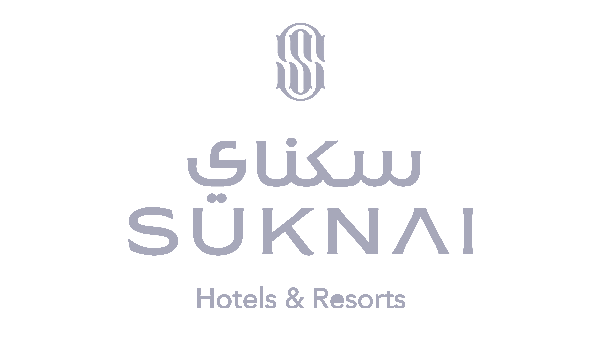Hotel Chatbot for Hotels
Hire the equivalent of a front-of-house team at a fraction of the cost.

.avif)
.avif)



.avif)
.avif)
.png)
.png)
.png)





.png)
.avif)
.avif)



.avif)
.avif)
.png)
.png)
.png)





.png)
.avif)
.avif)



.avif)
.avif)
.png)
.png)
.png)





.png)
Chatbot for Hotels
Automate 80% of hotel guest inquiries utilizing conversational A.I. and WhatsApp.
Viqal's Impact
Hire the equivalent of a front-of-house team in just a few clicks!
AI-Powered Upselling That Feels Natural
Boost revenue while enhancing the guest experience. Viqal’s AI identifies the right offer at the right time, increasing upsell conversions by 35-120%—without extra effort from your team.
From room upgrades to in-stay services, AI-powered upselling turns every interaction into an opportunity, making each guest’s stay more valuable and personalized.
24/7 service, the entire guest journey.
Hotel Chatbot alleviates your staff and delights your guests from before arrival until after departure.

Frequently Asked Questions
How long does the implementation take?
Less than 1 hour. If Viqal is already integrated with your Property Management System (PMS), the setup can be completed in less than an hour. For hotels requiring new PMS integration, please allow an additional 2-4 weeks. Our team ensures a smooth transition so you can quickly start enhancing your guest service experience.
Do I need a PMS integration?
No, Viqal's Virtual Concierge system can operate without a PMS integration. However, this limits some functionality. For optimal performance, integrating with your PMS is recommended.
Can Viqal integrate with my existing hotel systems?
Yes, Viqal is designed to seamlessly integrate with a variety of hotel systems and platforms, including PMS. This ensures a cohesive and efficient operational flow. If your specific PMS is not listed yet, please make a request and we can initiate the integration process.
Are there any additional fees besides the listed prices?
No. There are no set up costs and also no message fees.
How does Viqal handle data security and guest privacy?
Viqal prioritizes data security and guest privacy by adhering to stringent industry standards and best practices. The system is designed to ensure that all guest data is encrypted, both in transit and at rest, and complies with relevant regulations such as GDPR. Viqal employs regular security audits and updates to safeguard information against unauthorized access or breaches. By implementing these robust security measures, the integration maintains the integrity of your hotel's data and upholds the trust of your guests.
What kind of support does Viqal offer?
Viqal provides comprehensive support to ensure a smooth integration and functionality during your subscription term. Our services include a dedicated integration specialist, 24/7 technical support, and continuous updates. We aim to empower your team to leverage Viqal's full potential from day one.

.avif)
-min.avif)

